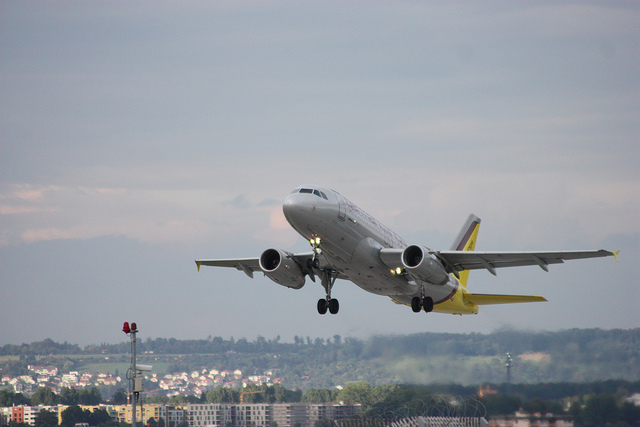Going on a vacation is something every working person dreams about and awaits with major thrill. Yet, when choosing the right destination, the travel method is usually an airplane. Flying has been the safest way of traveling for the past 40 or so years, but constant flying has lately aroused suspicion. Is frequent flying dangerous and can it affect your health? The answer is yes, and listed below are all the potential issues of frequent flying.
Sitting for Long Periods of Time
Did you know that constant sitting increases the risk of cardiovascular diseases by almost 100 percent? While being on board an airplane you are forced to pretty much sit all the time. Some flights are no longer than 1 or 2 hours, which is totally fine and acceptable, but once you sit on a plane from Germany to China, you are expected to sit well over 10 hours. And if you are flying frequently, the amount of time you will spend sitting will multiply, and before you know you, you might develop obesity and other cardiovascular diseases that will definitely endanger your life. The only way to solve this is to stand up and go for a walk to the bathroom and back, and while inside the bathroom, use all the time you are given to stretch and stand. There is no other way, since you are not allowed to walk all around the airplane.
Constant Pressure Changes
Another very problematic thing is the constant change of pressure. While flying, you are confronted with different types of air pressure which affects your body in many ways. None of them is positive and healthy, and each one of them can cause serious problems. Especially if you are a frequent flyer, you might be a suspect to some major health issues just because of the constant pressure changes to which your body is not used to. Also, if you are sitting for a long period of time, the blood pressure in your veins can rise to an abnormal rate, and combined with the high difference in air pressure, it can lead to swelling and blood clothing. While having blood pressure problems,travelling is not advised, so consult your doctor before you decide to go for a plane ride.
DVT (Deep vein thrombosis)
This condition is usually related to constant sitting and a lot of frequent flyers are subjects to this syndrome. DVT is a condition in which a clot or a thrombus is formed in the deep vein in a leg. It causes severe pain and swelling, and in some cases, it can be fatal. Recently, a research has shown that passengers onboard a flight may develop DVT if flying frequently. However, the same thing can happen to those sitting in the same cramped position and driving a taxi, or to those driving a truck. One of the ways to counter flying problems is getting a proper gym training program while not flying. Strengthening your upper and lower body muscles will improve your blood circulation and keep you protected against cramping while on a plane.
Jet Lag
Flying over many different time zones can be more than just exciting. It most cases, it causes a person to feel the effects of jet lag, a term used for switching time zones and staying awake when you should be sleeping and vice versa. Usually, jet lag includes tiredness, insomnia, and in some cases poor concentration and nausea, vomiting and constipation. Alcohol and hangovers just increase the effects of jet lag, so it is not advised to consume alcohol on board a plane. Taking medications to help you fall asleep on board a plane has proven to be successful against fighting jet lag, and many passengers worldwide have started using this method.
Although flying is the safest means of transport, it has its downside which can cause health issues. If you are a frequent flyer, make sure you exercise regularly to keep your body strong and repel all the potential health risks you might be facing unaware.
